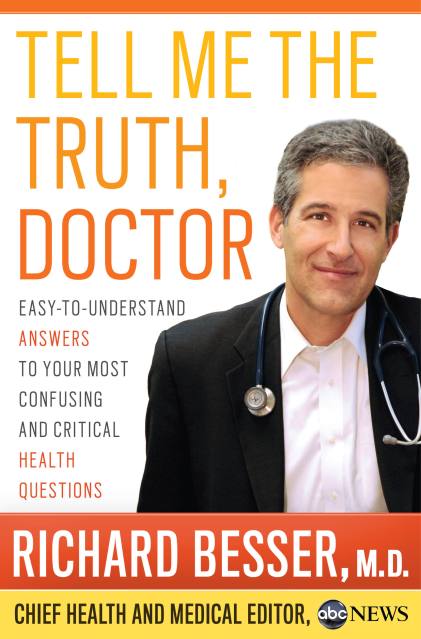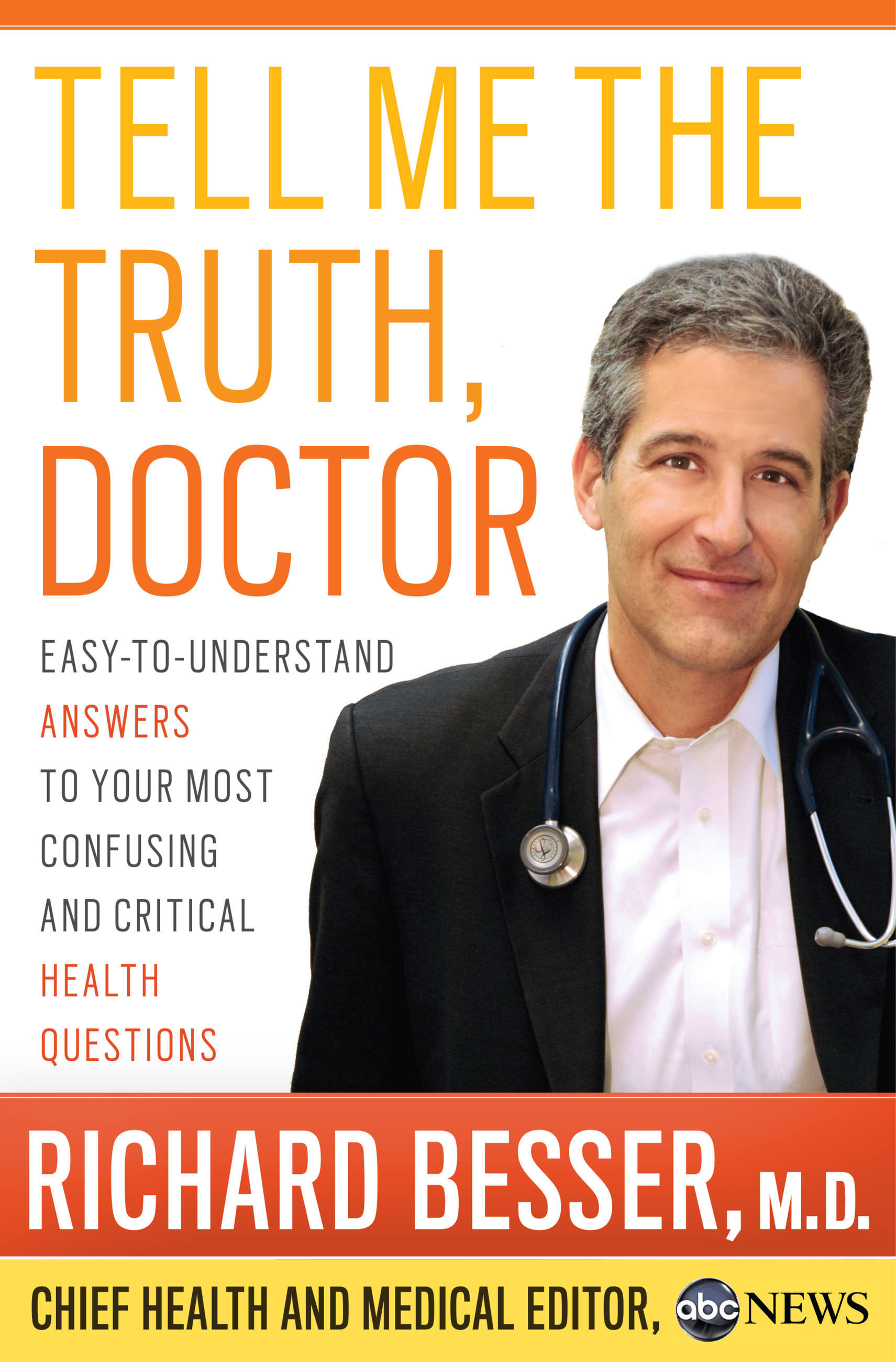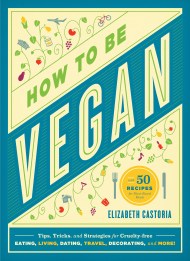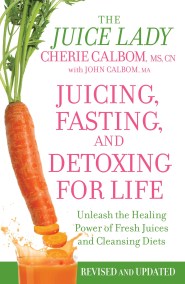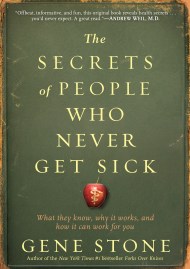By clicking “Accept,” you agree to the use of cookies and similar technologies on your device as set forth in our Cookie Policy and our Privacy Policy. Please note that certain cookies are essential for this website to function properly and do not require user consent to be deployed.
Tell Me the Truth, Doctor
Easy-to-Understand Answers to Your Most Confusing and Critical Health Questions
Contributors
By Richard Besser, MD
Formats and Prices
- On Sale
- Apr 23, 2013
- Page Count
- 288 pages
- Publisher
- Balance
- ISBN-13
- 9781401305451
Price
$11.99Price
$15.99 CADFormat
Format:
- ebook $11.99 $15.99 CAD
- Audiobook Download (Unabridged) $24.99
This item is a preorder. Your payment method will be charged immediately, and the product is expected to ship on or around April 23, 2013. This date is subject to change due to shipping delays beyond our control.
Buy from Other Retailers:
No matter where Dr. Richard Besser goes, a day doesn’t go by without someone stopping him to ask that question. Often, that person is one of the millions who have come to rely on the vital information he shares on Good Morning America, World News with Diane Sawyer, and Nightline.
Now, in response to thousands of inquiries from viewers, Dr. Besser has written his first book — a comprehensive health guide that will both inform and surprise as he deciphers fact from fiction for nearly seventy confusing medical questions, including:
“Should I take a daily aspirin to prevent a heart attack, stroke, or cancer?”
“If my doctors order a lot of tests, does that mean they’re more thorough?”
“Do I need thirty minutes of exercise a day to stay healthy?”
Recognizing the astonishing amount of misinformation that many important health decisions are based upon, Dr. Besser’s commitment to delivering the truth is critical. He isn’t afraid to challenge the status quo — or the interests within the health care industry — to provide the knowledge you need to take control of your health. Eager to help you make the choices that are right for YOU, he organizes his easy-to-understand answers into six lifestyle categories, including diet and nutrition; exercise and fitness; vitamins, supplements, and medicines; beating illness and injury; and navigating the perplexing world of health care, as well as a chapter dedicated to the questions you wished you asked before your doctor walks out the door.
Throughout the book, Dr. Besser smashes myths while translating invaluable information into problem-solving advice you can use, including a “Dr. B’s Bottom Line” at the end of each topic. As accessible as it is empowering, Dr. Besser’s Tell Me the Truth, Doctor is a necessary addition to every home, office, and dorm room. “Besser . . . ably analyzes popular myths (the “Freshman Fifteen”), considers pros and cons (HRT and statins), and mostly takes unequivocal stands on the issues. . . . Quite often, his comments and suggestions surprise . . . Particularly helpful are his guidelines for avoiding the harmful effects of health care and hospitalization.” — Publishers Weekly Richard Besser, MD, ABC News’ Chief Health and Medical Editor, provides medical analysis and commentary for all ABC News broadcasts and platforms, including World News with Diane Sawyer, Good Morning America, and Nightline, as well as many other news/entertainment programs.
Since joining ABC News in 2009, Dr. Besser has been at the forefront of news coverage for every major medical story, including the earthquake in Haiti and the Japanese radiation release. He was the leading correspondent on ABC’s global health series, Be the Change, Save a Life, and received a 2011 Emmy nomination for Outstanding Investigative Journalism for his World News story on cord blood banking. Besser came to ABC News from the Centers for Disease Control and Prevention (CDC), where he worked for thirteen years, including as acting director from January to June 2009, during which time he led the CDC’s response to the H1N1 influenza outbreak. He has taught and trained doctors at the University of California, San Diego and is a visiting fellow at the Harvard School of Public Health. Most important, for more than twenty-five years he has practiced medicine, giving his patients and their families straightforward, commonsense advice.
Newsletter Signup
By clicking ‘Sign Up,’ I acknowledge that I have read and agree to Hachette Book Group’s Privacy Policy and Terms of Use
